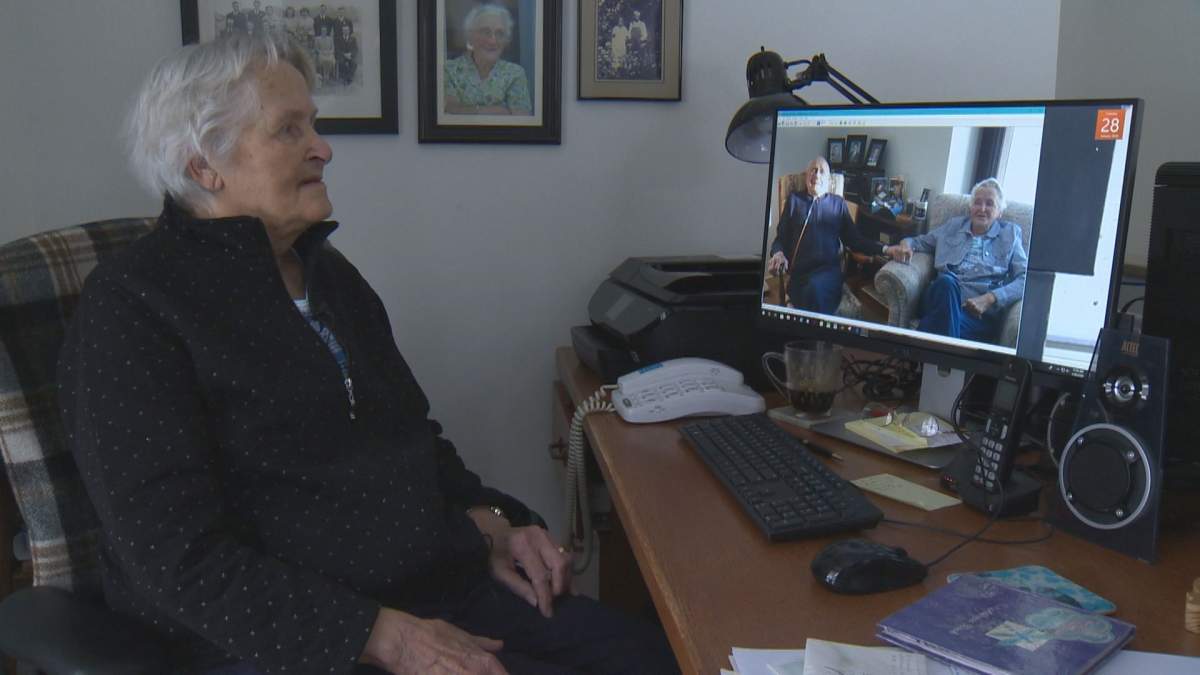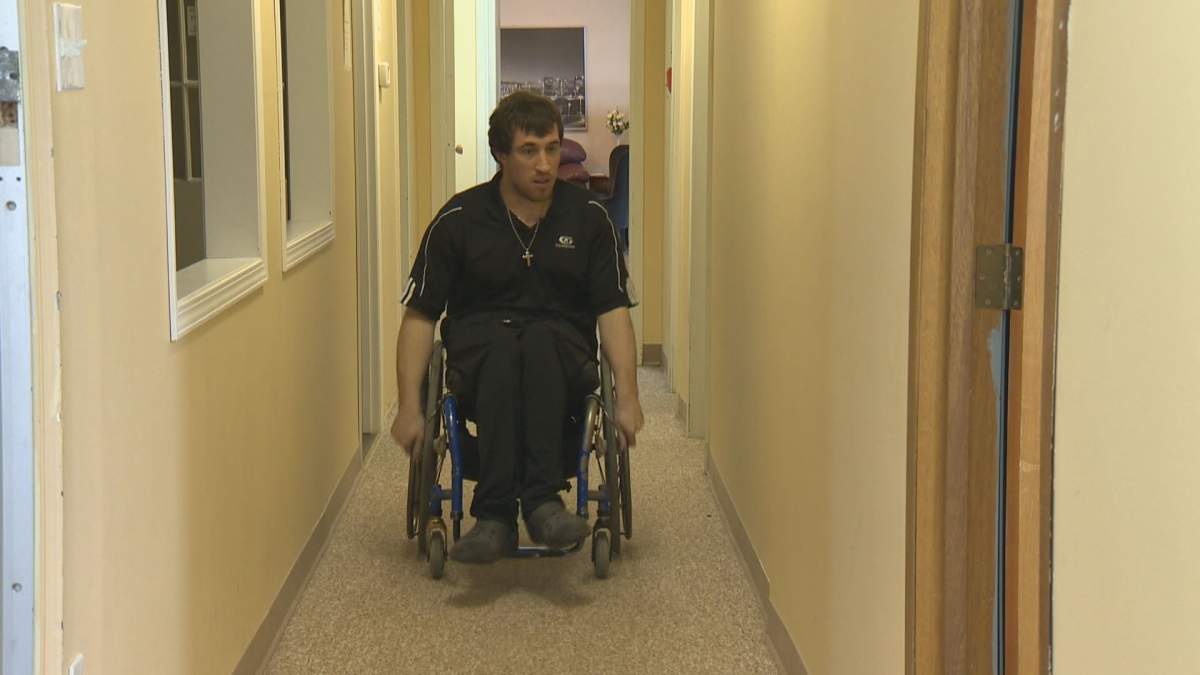The number of Manitobans receiving a medical assistance in death (MAiD) has skyrocketed in recent years, according to numbers obtained by Global News.

When medically-assisted death first became legal in 2016, 42 people requested the service and 24 received it. That number rose in 2017, when 142 people requested MAiD and 63 people received it.
Those numbers almost doubled in 2018, when 239 requested and 138 received. Last year, 313 people asked for a medically-assisted death, and 177 people received it.
A spokesperson for Shared Health also noted in the past four years, only 33 formal requests for medically-assisted deaths were denied or deemed ineligible.
In other cases, patients have chosen not to proceed or withdraw their applications.
The federal government is set to amend the criteria for medically-assisted deaths in February. They also recently put out an online survey on medically-assisted death, which saw nearly 300,000 people participate.
In Canada, medically-assisted death is currently available to eligible patients who wish to voluntarily end their life due to serious and incurable medical or health reasons.
They must also meet a variety of other criteria, including being at least 18 years old and capable of making health decisions, be in a state of decline that cannot be reversed, have made a voluntary request, and be at a point where natural death has become reasonably foreseeable.

Manitoba is also the only province in the country with a single health care team responsible for medically-assisted deaths.
Shared Health said all health care providers are required to provide information on medically-assisted death, but some faith-based hospitals do not allow it on site, including St. Boniface, Misericordia, and Concordia hospitals in Winnipeg, as well as Ste. Rose General Hospital and Winnipegosis Health Centre in Prairie Mountain.
It’s a service for which Warren, Man. resident Donna Baldwin is thankful. Her husband of 66 years, Kelvin, passed away in November after struggling with chronic obstructive pulmonary disease (COPD).

Get weekly health news
“As soon as he found out he had COPD, that’s the first thing he said: ‘I don’t want to smother or choke to death,’” Donna said.
She said she’s grateful her 86-year-old husband had the option to be pain-free, and adds her entire family was there for them during the process.
Donna also said she worries that there is still a stigma surrounding medically-assisted death. She also thinks the service should be expanded to include advanced requests, which gives the people the option to make the choice ahead of time.
- What is Nipah virus? What to know about the disease as India faces outbreak
- Head-Smashed-In Buffalo Jump heritage site enjoys boost after shout out on ‘The Pitt’
- Pizza Pops contaminated with E. coli tied to 7 hospitalizations, data shows
- Pizza Pops E. coli recall grows as roughly a dozen products now hit
“When they come the morning of the mission, they ask you if you want to die, and if you don’t say yes, they don’t do it,” said Donna.
“Well how many people are so bad by that time they wouldn’t be able to say yes? So what? They have to just keep on suffering?”
It’s something for which Dying with Dignity Canada is also advocating.

Advocates, Marginet said, want the system “to strike that, to have a person be able to qualify for medical assistance in dying, but if something like dementia stops them from consent at the end, to recognize that this is what the person wanted and if that’s no longer a life that the life wanted to live, to respect their request.”
But not everyone agrees.
Cam MacDonald is the interim executive director of Life’s Vision Manitoba, a non-profit organization that is against medically assisted death.
“When people say they want to die, then we want to say, okay, we need to help you,” MacDonald said.
“Obviously your needs aren’t being met and how can we better do that?”
MacDonald lives with cerebral palsy and says he worries about what changing the criteria could mean for people with disabilities, as the Superior Court of Quebec recently found that it was unconstitutional to limit medically-assisted death to people nearing the end of life.
This comes after a court case in Quebec was brought forward by two people living with disabilities. The medical professionals assessing them determined they met all the criteria for medically assisted death, which the exception of the nearing end of life criteria.
“We need to do a better job of helping people.”









Comments